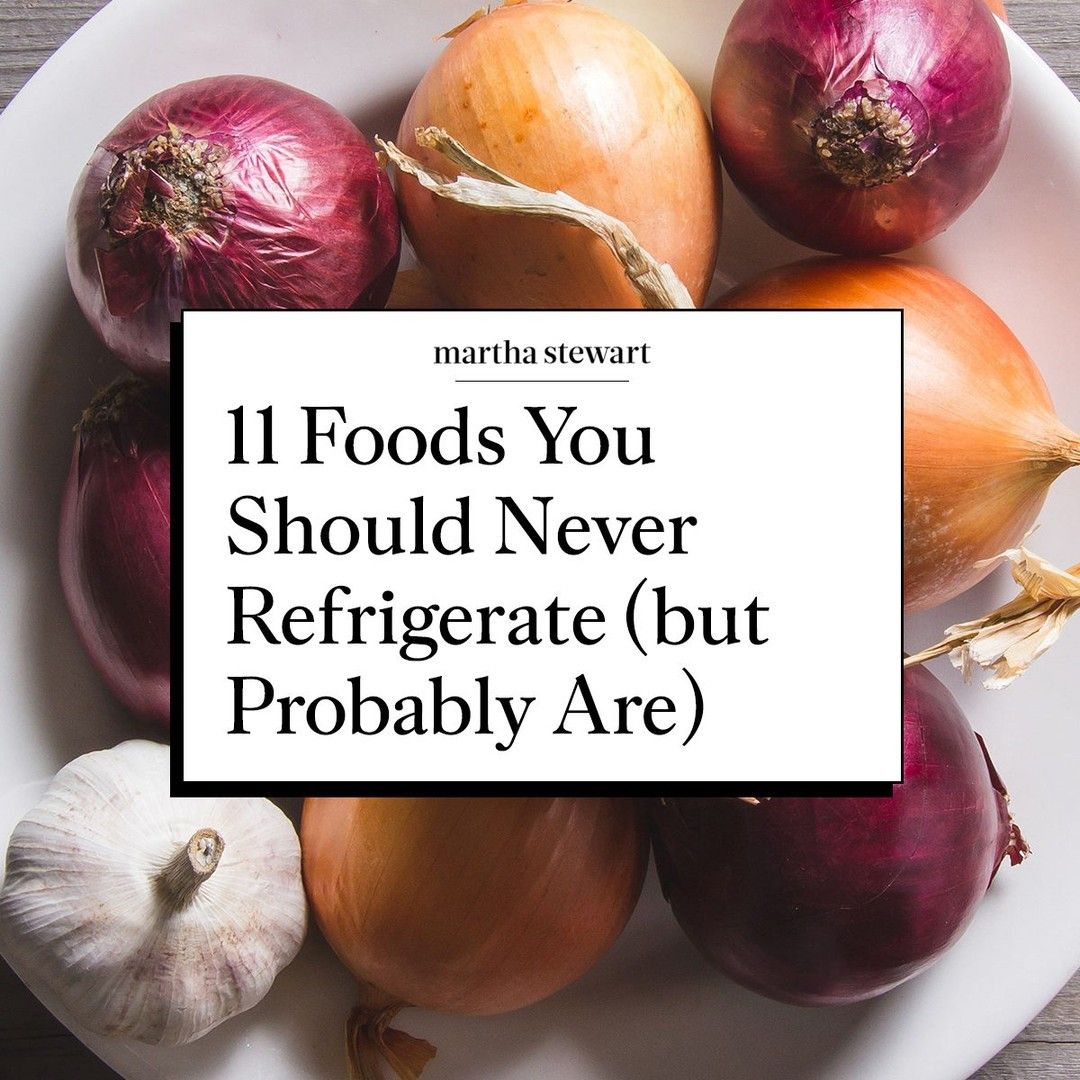Chocolate
Storing chocolate in the refrigerator exposes it to moisture, causing sugar to move to the surface. This process—known as “blooming”—creates a white coating on the chocolate, as noted by the experts at Harvard T.H. Chan School of Public Health. Bloomed chocolate is safe to eat, says Ziata, though the texture and appearance will be compromised.
The exception to this rule is if you live in a warm environment where the chocolate might melt. In this case, “you can keep it in the fridge in an airtight container,” says Ziata.
Where to Store: “The ideal place to store chocolate is a cool and dry place, away from heat and light,” says Ziata.
Cooking Oils
“Refrigerating cold-pressed cooking oils, like olive and avocado, can cause [them to become] cloudy and thicken or solidify,” says Sabrin. Additionally, “the texture and flavor of the oils may be affected by [this] solidification or cloudiness,” shares Smith.
Where to Store It Instead: “Most cooking oils are stable, so keep them in cool, darker places like a cabinet or pantry in a tightly sealed dark-colored glass bottle or metal container,” says Sabrin.
Garlic
“Whole, uncut garlic will get soft and sprout more quickly in the fridge,” says Ziata. And while the sprouts are edible and safe to eat, they can be quite bitter.
Where to Store: The best place to store garlic is a cool, dry area like the pantry.
Honey
Sweet and versatile, honey is a staple in many home kitchens. Avoid keeping it in the fridge, says Ziata, as the cold temperature will make it overly thick and practically solid, making it difficult to use.
Where to Store: “Honey is naturally preserved by its sugar content, [so it] will last a long time at room temperature,” adds Ziata. Stashing it away in a dark cupboard will ensure it maintains a liquid consistency.
Onions
Whole onions should be kept out of the fridge says Ziata. This is because the onion’s starches will convert to sugars when exposed to cold temperatures, making the staple ingredient unpleasantly sweeter and softer. What’s more, “onions have such a strong smell that other items in the fridge maybe impacted by being stored close to them, take on the scent and taste like onions,” she says.
Where to Store:Store onions in a cool, dry place, like the pantry, cellar, or garage.
Melons
“Uncut melons should not be stored in the fridge because they can absorb [other] flavors,” says Sabrin. The sweetness and antioxidant content of a melon also increases after it is harvested, but refrigeration will slow this down, he says. Additionally, the low temperatures might make the texture gritty or soft, says Smith.
Where to Store: “When melons are whole and not chopped, it’s best to keep them in a cool, dry place out of direct sunlight until they’re ready to be eaten,” says Smith. (Once cut into or cut up, melon should be refrigerated.)
Peanut Butter
“Conventional peanut butter contains emulsifiers and preservatives that keep it from separating and spoiling at room temperature, so it does not need to be refrigerated,” says Ziata.
In contrast, natural peanut butter is preservative-free, so it should be refrigerated once opened. Without preservatives, the oil in the peanut butter will separate and go rancid, while the rest of the product will dry out and potentially grow mold, explains Ziata.
Where to Store: Conventional peanut butter can be stored in a cool, dry space, like a kitchen cabinet.
Potatoes
“Whole, unpeeled potatoes should not be refrigerated,” says Smith. This is for reasons similar to onions; cold temperatures will convert the starches in potatoes into sugars, causing them to develop an undesirable sweetness and altered texture when cooked.
Where to Store: “Unpeeled potatoes should be kept in a pantry or cellar that’s dark, cold, and well-ventilated,” says Smith. Store potatoes away from onions and fruits, as such produce can promote sprouting.

